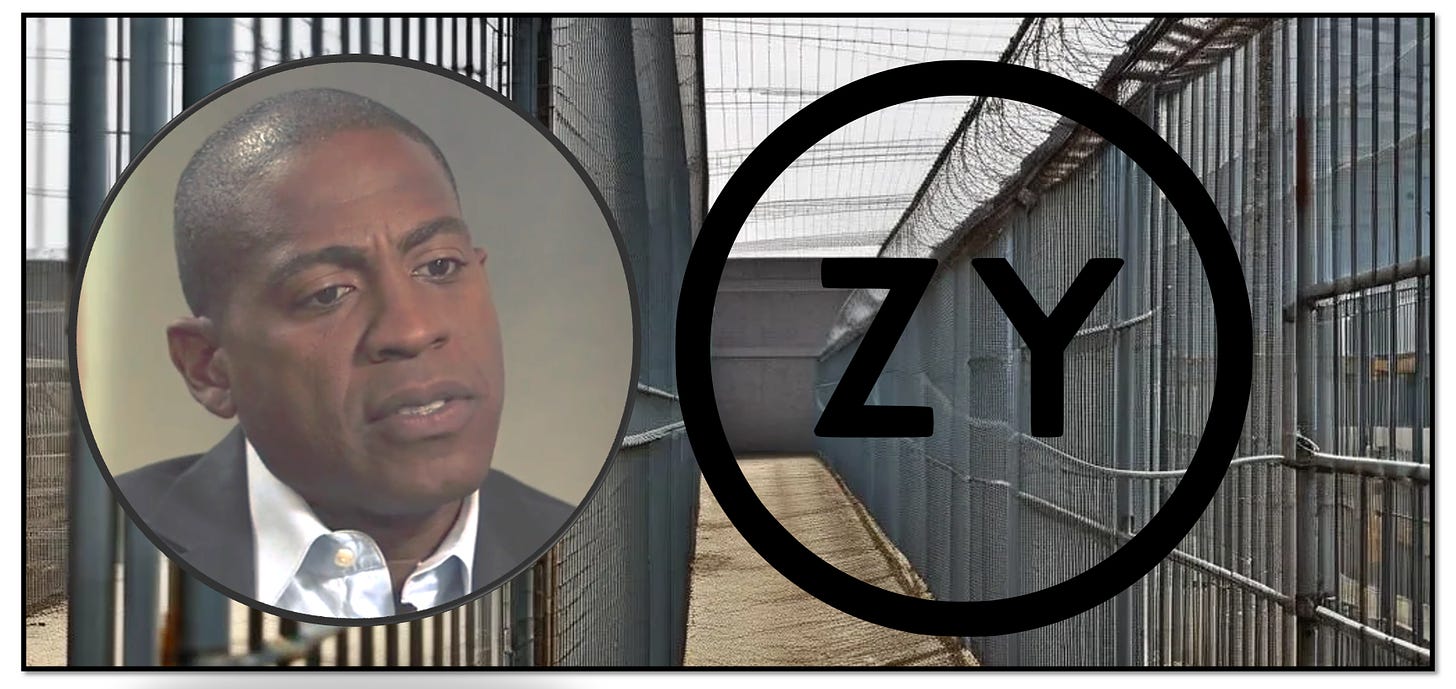“I love my Fed-Ex guy cause he’s a drug dealer and he don’t even know it … and he’s always on time.” – Mitch Hedberg

Consulting giant McKinsey & Co. struck a deferred prosecution deal and agreed to pay $650 million for its role in the opioid crisis with Purdue Pharma, according to a Friday court filing.
Former McKinsey partner, Martin Elling, apparently took a hit for the team, agreeing to plead guilty to obstruction of justice for concealing and destroying evidence.
As for the firm, McKinsey said it regrets its work advising Purdue on ways to boost sales of its opioid painkiller, OxyContin.
“We should have appreciated the harm opioids were causing in our society and we should not have undertaken sales and marketing work for Purdue Pharma,” McKinsey said in a statement. “This terrible public health crisis and our past work for opioid manufacturers will always be a source of profound regret.”
This is not the first time McKinsey has had to repair its reputation.
From 2009-2011, two of its top executives, Rajat Gupta and Anil Kumar, were arrested on insider trading charges. Kumar plead guilty and Gupta was eventually found guilty in deals with Raj Rajaratnam, who had left McKinsey to launch hedg fund, Galleon Group. He was also found guilty.
More than 80,000 people die from drug overdoses each year, but since the crackdown on Purdue and its overprescribed painkillers, most overdose deaths have been attributed to fentanyl, the Associated Press reports.
Drug lords usually don’t get deferred prosecution agreements. Clearly, they need corporate structures, better lawyers and an experienced consulting team behind them.
More Ozy Wizardry

On another front, former McKinsey executive Carlos Watson is scrambling to clean up his reputation ahead of his sentencing on fraud charges on Monday.
Business Blunders covered Watson’s conviction in July.
Watson, 55, is the former cable TV host who founded the wizard’s chest of deceptions known as Ozy Media. His media startup lied about everything from revenue, cash-on-hand, profits, celebrity ties, acquisition prospects and contract negotiations, according to evidence exhibited in his trial.
Watson was even found to have participated in an infamous phone call with Goldman Sachs executives in which his right-hand man impersonated a YouTube executive in a desperate bid to raise money.
Watson maintained his innocence in an interview with Inc. published today. His lawyers had argued unsuccessfully that the case should have been tossed because the judge had conflicting hedge fund investments.
Watson noted an all white-team of prosecutors and a largely white jury. He also said the business world is a lot harder on Black entrepreneurs.
“It’s possible that I’m as bad as they say,” he told Inc. “But if I’m not, what do you think they’re doing to all the other Black-owned mom-and-pop companies?”
Fun fact: The company’s name did not come from the Emerald City.
It was inspired by “Ozymandias,” a poem by Percy Bysshe Shelley. It “predicts the inevitable destruction that comes with an inflated ego,” says former Ozy Media employee Shaan Merchant.
Merchant details his experience at Ozy Media in Slate magazine: “Watson may have built Ozy with big dreams and ‘diversity’ in mind, but as those ideas became corrupted by the superseding desire for capitalistic success, it all came crashing down.”
This One Dude
When I was in high school, everyone had a pat answer for authority figures.
Dean: “Who is responsible for that cigarette smoke in the hall?”
Student: “It was this one dude.”
This is pretty much how Macys explained $150 million in accounting errors that delayed the release of its sagging financial results last week.
Yep, the iconic retailer is sticking to its story, which I chronicled in the Nov. 26 Business Blunders. I thought Macys would disclose more about it, but no, it was this one dude.
Macys isn’t saying who it was or whether they would face legal action.

“The responsible individual is no longer with the company, following discovery of their actions,” said CEO Tony Spring on a Dec. 11 conference call, said. “We’ve also identified and begun to implement additional controls to be a stronger and more disciplined organization so that an action like this could not happen again.
Praise The Lord And Pass The Ponzi

A Washington state pastor allegedly conned more than 1,500 people, including members of his own church, into investing in a cryptocurrency Ponzi scheme, according to an enforcement action filed by the Commodity Futures Trading Commission.
Francier Obando Pinillo targeted mainly Spanish-speaking people with little or no crypto experience. He even peddled a “Christian-values” token called the ‘ShekkelCoin.”
“At one mega-church in Florida, Defendant lectured the congregants on the importance of lifting themselves out of poverty and then proceeded to pitch them on the 34.9%/month … trading scheme,” the CFTC’s complaint said.
“He abused his position of trust as the church pastor to attract customers,” the CFTC said.
Or maybe the streets of gold in heaven have been repaved with bitcoin?
So Little Time, So Many Blunders
When I launched Business Blunders in March, I worried that I might not find enough material each week. But some weeks, I can hardly keep up with the firehose of folly.
Today, I began experimenting with a roundup feature, This Week in Blunders. It may not be warranted every week, but we’ll see how it goes. Please let me know what you think of this idea.
Thanks to you, Business Blunders is thriving with more than 5,500 subscribers. Please help make the business world a more honest, less-reckless, less-authoritarian place by:
-
Liking and commenting on posts, which boosts the Substack algorithm.
-
Sharing this newsletter with friends and associates.



